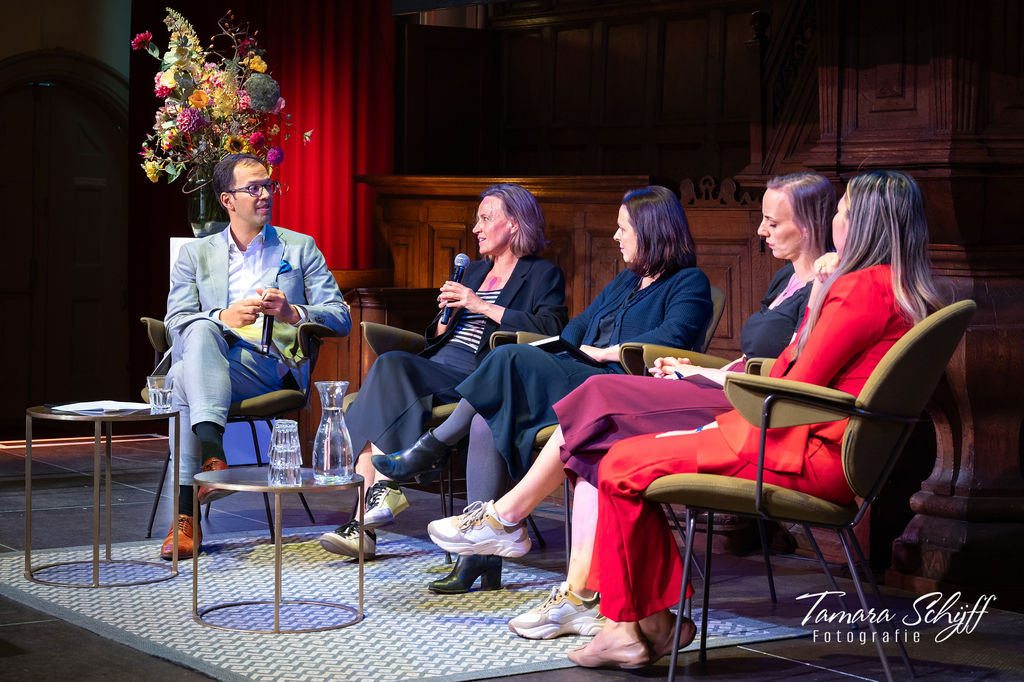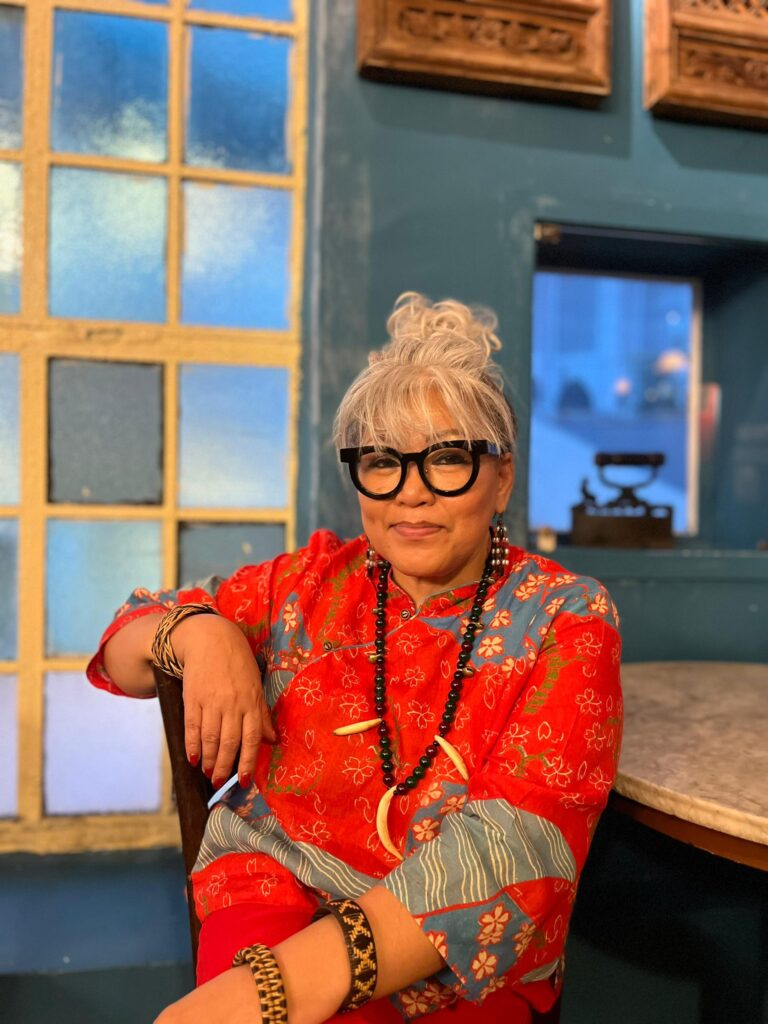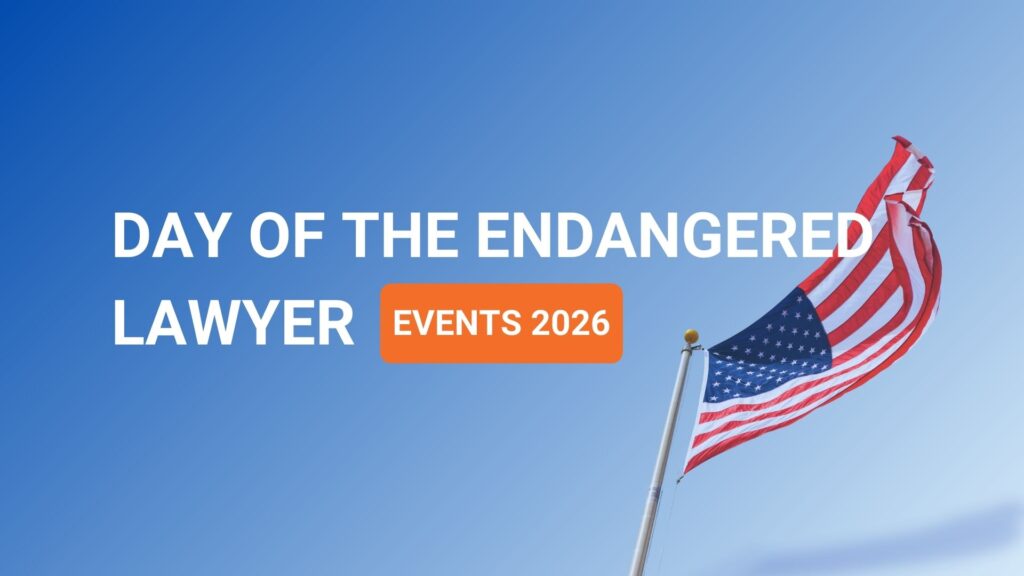On 15 May 2025, Lawyers for Lawyers and the Amsterdam Bar Association brought together members of the legal community at De Rode Hoed in Amsterdam for the 2025 Lawyers for Lawyers Award ceremony. Alongside the presentation of the award to Angolan lawyer Zola Ferreira Bambi, the afternoon featured a seminar titled “Lawyers representing journalists targeted around the globe”. The seminar brought urgent attention to a growing global concern: the threats faced by lawyers who defend journalists.
The topic was introduced in a video message by UN Special Rapporteur on the Independence of Judges and Lawyers, Margaret Satterthwaite. She emphasised the increasing use of SLAPPs—Strategic Lawsuits Against Public Participation—and other legal tactics aimed at silencing both journalists and those who represent them. Her remarks made clear that legal intimidation is no longer confined to authoritarian regimes; similar patterns are now visible in democratic systems, where legal tools are misused to suppress dissent and limit access to justice.
The panel discussion that followed, moderated by media and human rights lawyer Emiel Jurjens, brought together a diverse group of legal experts from Hungary, Thailand, the United States, and the Netherlands. After brief introductions in which each panellist reflected on their work defending journalists and promoting freedom of expression, the discussion turned to the growing threats within their respective regions.
Ginna Anderson, Associate Director of the ABA Center for Human Rights, shared preliminary findings from a forthcoming report, Defending the Defenders, mapping the legal threats faced by lawyers who take on media cases. She described how many of these lawyers are subjected to criminal charges, surveillance, online threats, and professional sanctions—yet the issue remains overlooked by both the media freedom and legal communities.
Emma Bergmans, Senior Policy and Advocacy Advisor at Free Press Unlimited, added that legal defence is essential to protecting journalism, particularly in countries where SLAPPs and criminalisation are used to silence critical voices. “These lawsuits don’t only silence journalists,” she noted, “they isolate and endanger their lawyers too.”
Human rights lawyer Bea Bodrogi offered a perspective from Hungary, describing a climate in which younger legal professionals are increasingly reluctant to take on media cases. Having personally experienced threats and digital surveillance, she now uses a security pouch for her phone during meetings to protect the confidentiality of her clients. In her view, the emotional and professional toll of this work is often underestimated—and sharing those experiences openly is part of the necessary response.
Sirikan Charoensiri, co-founder of Thai Lawyers for Human Rights, spoke about how defending pro-democracy activists and journalists led to charges being filed against her, including sedition. Despite this, she continues her work. International support, including past recognition by Lawyers for Lawyers, has been an important source of strength—for both herself and the people she defends.
The discussion later focused on the weaponisation of the law. Panellists explored how legal frameworks intended to protect rights are now used against those who challenge power. Anderson warned that in the United States, legal professionals are experiencing an increasingly hostile environment. Bergmans and Bodrogi reflected on how anti-terrorism laws, defamation charges, and politically motivated prosecutions are deployed to discourage legal representation of journalists. Charoensiri described how similar tactics are used in Thailand through national security laws, and how the judiciary itself can become an instrument of repression. Yet she also highlighted the resilience of local legal networks and the importance of building solidarity across borders.
In the final round of the panel, attention turned to the question of how to protect lawyers working in this space. Bergmans stressed the importance of sustained international pressure and the role of NGOs in mobilising attention. Bodrogi pointed to the European Media Freedom Act as a potential lever for stronger protection, while also acknowledging that legal reform must go together with enforcement. Anderson called on bar associations to take a more active stance—through legal defence funds, public statements, and advocacy for members at risk. Charoensiri concluded by urging the international legal community to remain engaged, share resources, and speak out—not only in support of journalists, but also those who defend them.
The discussion offered a sobering yet determined call to action. It underscored how legal systems are increasingly being used to deter not only journalists, but also the lawyers who defend them. Despite operating in widely different contexts, the panellists shared strikingly similar experiences—highlighting a global pattern of legal intimidation. Their contributions made clear that defending freedom of expression also means defending those who make that defence possible. The legal community, they stressed, must remain vigilant, connected, and committed to upholding the rule of law.
This article is part of the L4L Award Series. To read the previous article on the Award Ceremony; click here.




